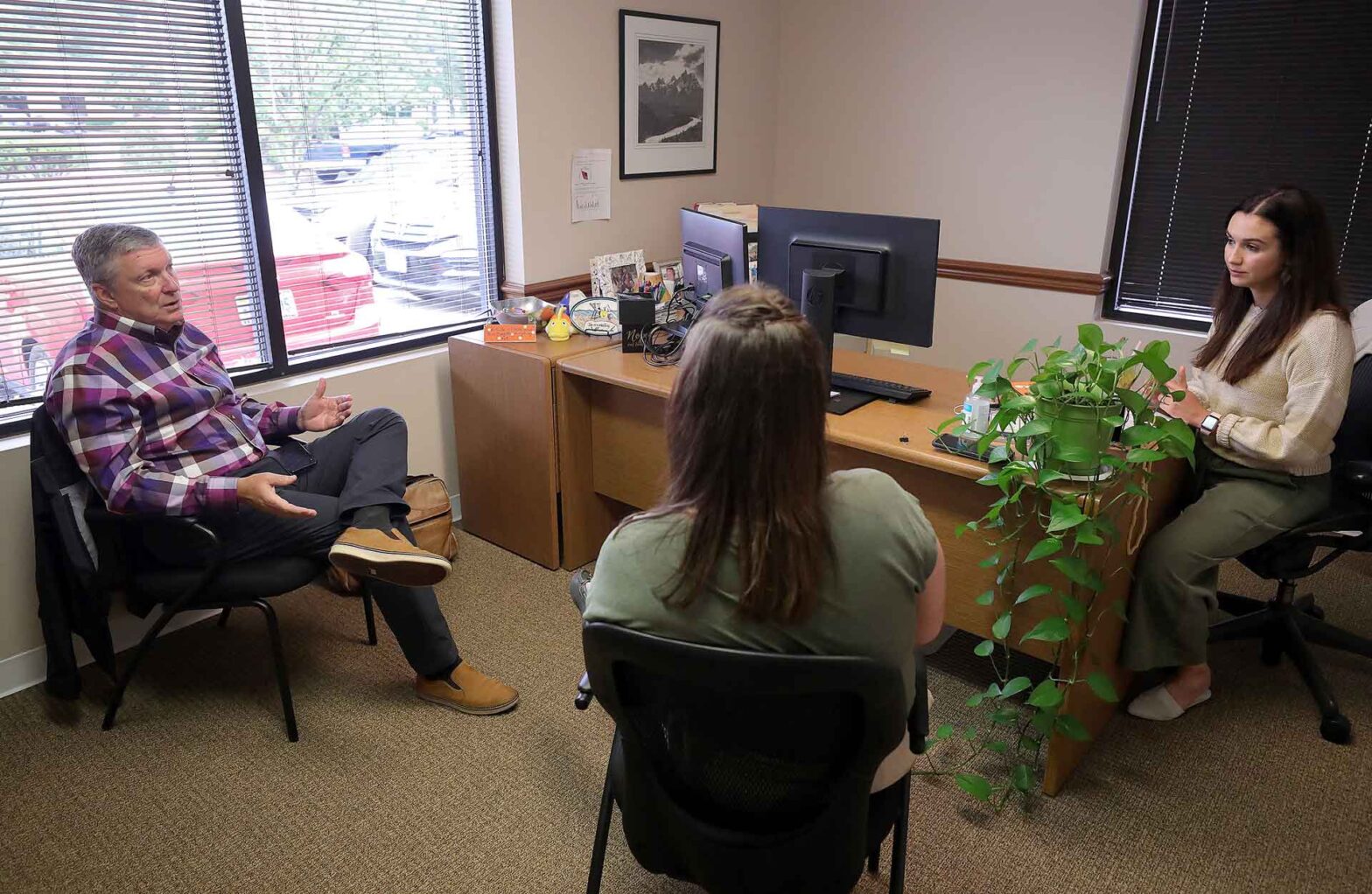The Lee Group, a leading staffing and executive search firm headquartered in Newport News, has announced new leadership as longtime executives Walt Graham and Eric Kean retire. Wes Ashworth and…
Read More

This is the first part of a three-part series examining The Lee Group’s three “uniques.” Our uniques aren’t just rhetoric. We live them daily through every interaction with clients, candidates and employees. They are truly part of the core of how The Lee Group does business.
We are authentic straight shooters who are unafraid of telling the truth.
No lofty rhetoric here. None is necessary when talking about transparency.
“We’re not afraid to have the tough conversations when they’re needed,” said The Lee Group President Walt Graham.
And that’s not always easy. It’s simple, but not easy.
Part of delivering high quality customer service means The Lee Group isn’t always going to tell clients what they want to hear. The partnership between the staffing agency and the employer thrives when both parties are committed to open, honest discussions conducted respectfully.
“There’s no politics; there’s no ego,” said Sarah Fulton, Vice President of Operations. “Our approach is ‘We want to solve the problem together.’ ”
That starts with straight talk about what the problem really is.

For example, often an employer struggling to retain employees is at the other end of one of those difficult conversations. Through exit interviews with numerous employees, The Lee Group gathers feedback that often can point to an issue that might not even be on the employer’s radar.
Maybe it’s an unwelcoming onboarding experience. Or a manager with a bad attitude. Sometimes the compensation is so low it’s not in line with the current pay scale.
“We try to tactfully guide them in the right direction,” Fulton said.
As straight shooters, The Lee Group doesn’t waffle around. They value direct conversation. That doesn’t mean abandoning the idea of treading gently. In a world where text, email and Zoom transformed the way we communicate, Graham prefers to initiate difficult conversations in person and get straight to the point. Being a straight shooter is also among the core values of The Lee Group.
Texts and emails can contain unintended tone. Face-to-face, eye-to-eye are best, Graham said.
“I find that when we’re delivering news where there might be conflict or disagreement, it tends to flow better in person,” Graham said.
The Lee Group’s commitment to straight talk also extends to candidates. For example, the most well-intentioned candidate might be difficult to place if a skillset is lacking.
“We try to be fair with people when we can’t place them. We’re straightforward in telling them, ‘Your skillset doesn’t match what we’re recruiting for,’ ” Graham said.

Sometimes The Lee Group will give a candidate a homework assignment if no career match is found. When a candidate is willing to shoulder the responsibility of learning a new skill and returning to The Lee Group for another opportunity, often a successful placement follows.
If a job calls for proficiency in Word or Excel and the candidate isn’t strong in either, the homework would be to upgrade those skills.
If a candidate is matched to a job but the placement leads to termination due to consistent tardiness or too many missed days of work, The Lee Group will sit down with that employee and be frank about what went wrong.
“We typically give people two chances depending on the circumstances,” Fulton said. “We tell them the problem and show them their pattern of behavior. We don’t want to give them false hope.”
While no one likes to be rejected and while businesses might cringe hearing what they’re doing wrong, an objective assessment is almost always appreciated moving forward.
“In the moment, it’s difficult, but the beauty of having an authentic conversation with someone is if it’s based in truth and facts, and the facts are the facts, a lot of times people will come back to us and say, ‘You were right.’ ” Fulton said.
Telling it like it is — straight talk from straight shooters — is how The Lee Group rolls.
